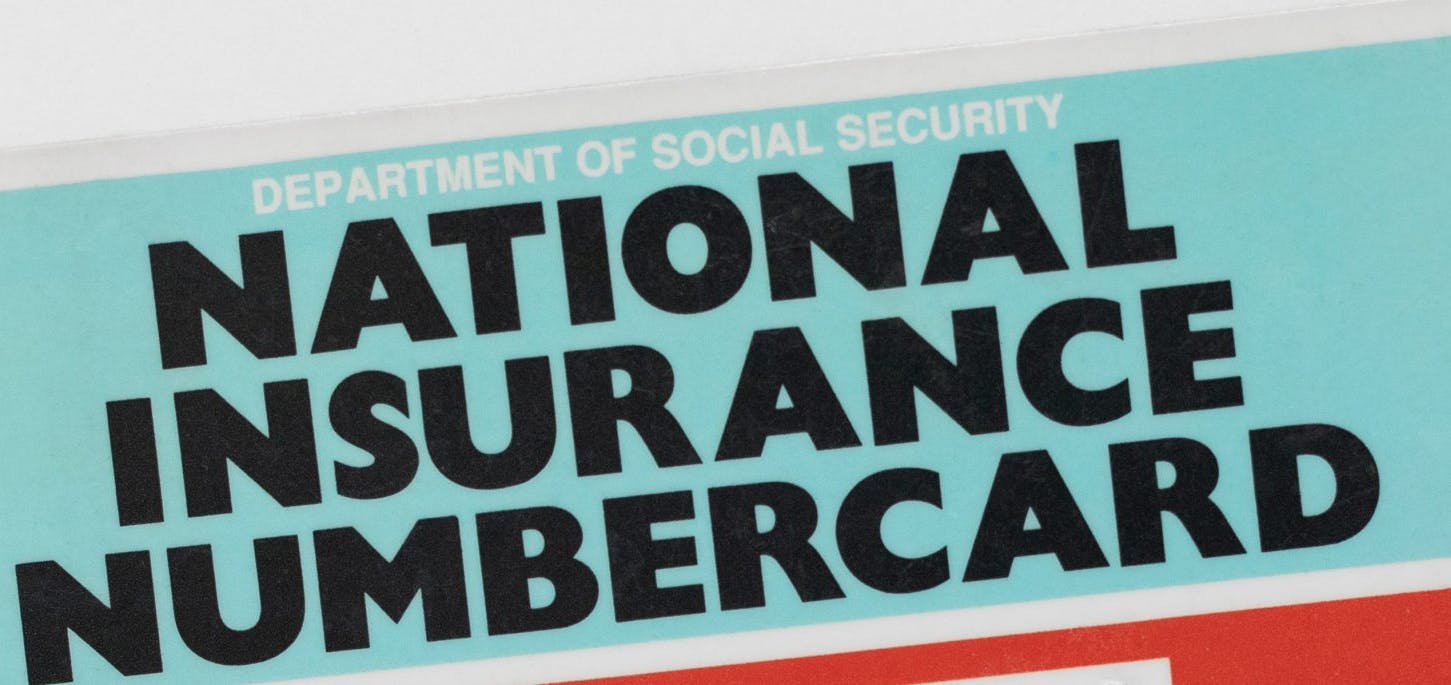National Insurance is collected by HMRC to provide state support for the sick, unemployed and retired. One of the main reasons you may want to ensure that you have made enough National Insurance contributions is to ensure you qualify for, or to maximise, your State Pension.
There are different types of National Insurance depending on your situation. I will briefly explain them below.
Employees
If you are an employee, you will pay Class 1 National Insurance on all earnings above a threshold.
Whilst there are some categories of employees who will pay lower rates (or none at all if you are over the state pension age), the majority of us pay 8% on earnings over £1,048 per month, dropping to 2% for anything over £4,189 per month.
Employers
Employers also need to pay Class 1 National Insurance, known as Secondary Class 1, although it operates a little differently. For most employees, with the noteable exception of apprentices, employers will pay 15% on salaries that exceed £417 per month. Unlike with employees, there is no point at which the rate drops off.
Other notable National Insurance Contributions include Class 1A - payable on employee benefits such as healthcare and company credit cards - and Class 1B.
Employers may be entitled to claim the Employment Allowance to reduce their National Insurance bill by up to £10,500, assuming certain conditions are met.
Self-Employed Individuals
If you are self-employed, you pay Class 2 and Class 4 National Insurance. Whilst Class 4 will calculate automatically when you file your annual tax return, you specifically need to tell HMRC that you are self-employed for Class 2 National Insurance to be calculated correctly.
Class 2 National Insurance is no longer compulsory. Self-Employed individuals earning profits below £6,845 a year can make voluntary contributions of £3.50 a week to earn a qualifying year towards their state pension. However, if your profits are over the threshold, you are classed as having already paid.
Class 4 National Insurance is charged at around 6% on profits over £12,570, but similar to Class 1 National Insurance, the rate drops to around 2% on earnings over £50,270.
Voluntary Contributions
If you don't have enough qualifying years for the state pension, you may wish to make voluntary National Insurance contributions. This is called Class 3 National Insurance.
It is always worth taking advice before making voluntary contributions. Pensions advice is a regulated service, so we at Anderson Accounts are unable to tell you much more. However, The Future Pension Centre are able to offer advice, or you can contact your own pension advisor.
All figures correct as of 14 October 2025.



